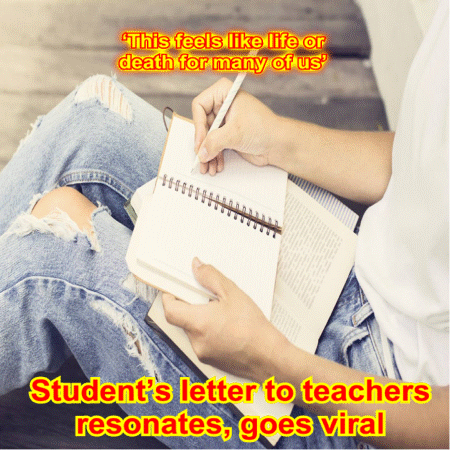Despite society’s earnest push to confront systemic racism head on, we have actually fallen further behind in ensuring an equitable education for our nation’s children. Virtual school is widening racial disparities, as in-person learning has become yet another white privilege.
Race is a strong predictor of whether students are receiving in-person instruction. A survey of public schools covering more than 13 million children, found that districts where the vast majority of students are white were three times as likely as school districts that enroll mostly students of color to be open for in-person learning.
It’s not only that in-classroom instruction is likely to be superior to online classes, especially when too many low-income kids lack the devices or quality internet connection they need; the social interactions that happen in school buildings contribute to children’s overall emotional wellbeing.
Low-income children in particular rely on in-person school for basic needs, and when in-person school is unavailable, we are perpetuating inequalities. Nearly 32 million underserved children rely on school-based meals, and millions more receive vital access to special education, therapy and counseling services.
Despite society’s earnest push to confront systemic racism head on, we have actually fallen further behind in ensuring an equitable education for our nation’s children. Virtual school is widening racial disparities, as in-person learning has become yet another white privilege.
Race is a strong predictor of whether students are receiving in-person instruction. A survey of public schools covering more than 13 million children, found that districts where the vast majority of students are white were three times as likely as school districts that enroll mostly students of color to be open for in-person learning.
It’s not only that in-classroom instruction is likely to be superior to online classes, especially when too many low-income kids lack the devices or quality internet connection they need; the social interactions that happen in school buildings contribute to children’s overall emotional wellbeing.
Low-income children in particular rely on in-person school for basic needs, and when in-person school is unavailable, we are perpetuating inequalities. Nearly 32 million underserved children rely on school-based meals, and millions more receive vital access to special education, therapy and counseling services. CONTINUE READING: Virtual learning exacerbates racial disparities: There are better ways to guard against COVID-19 while prioritizing all kids’ education - New York Daily News

























